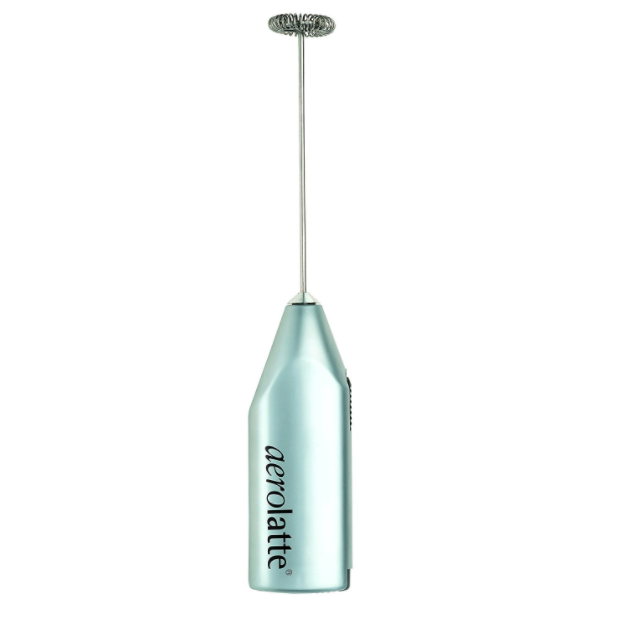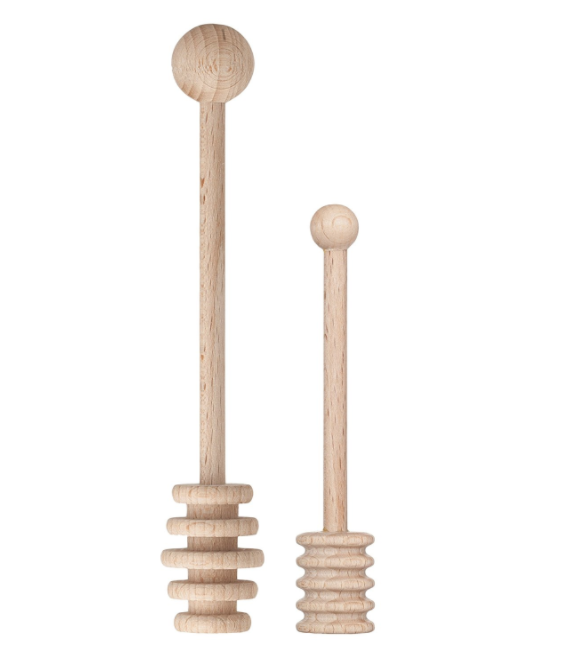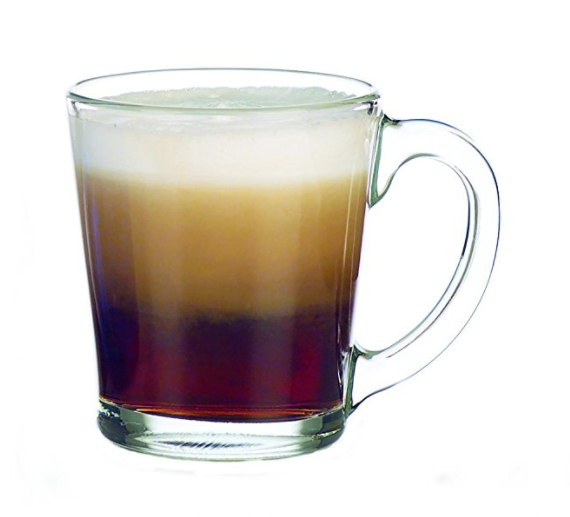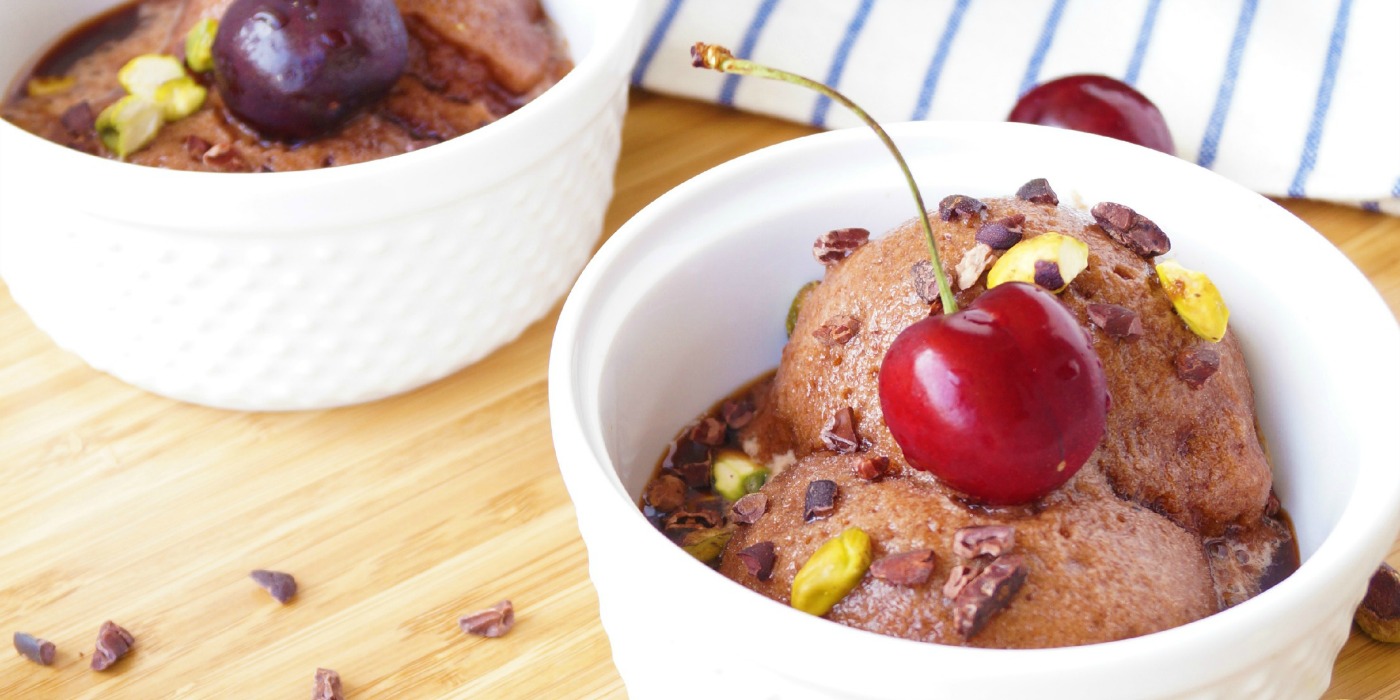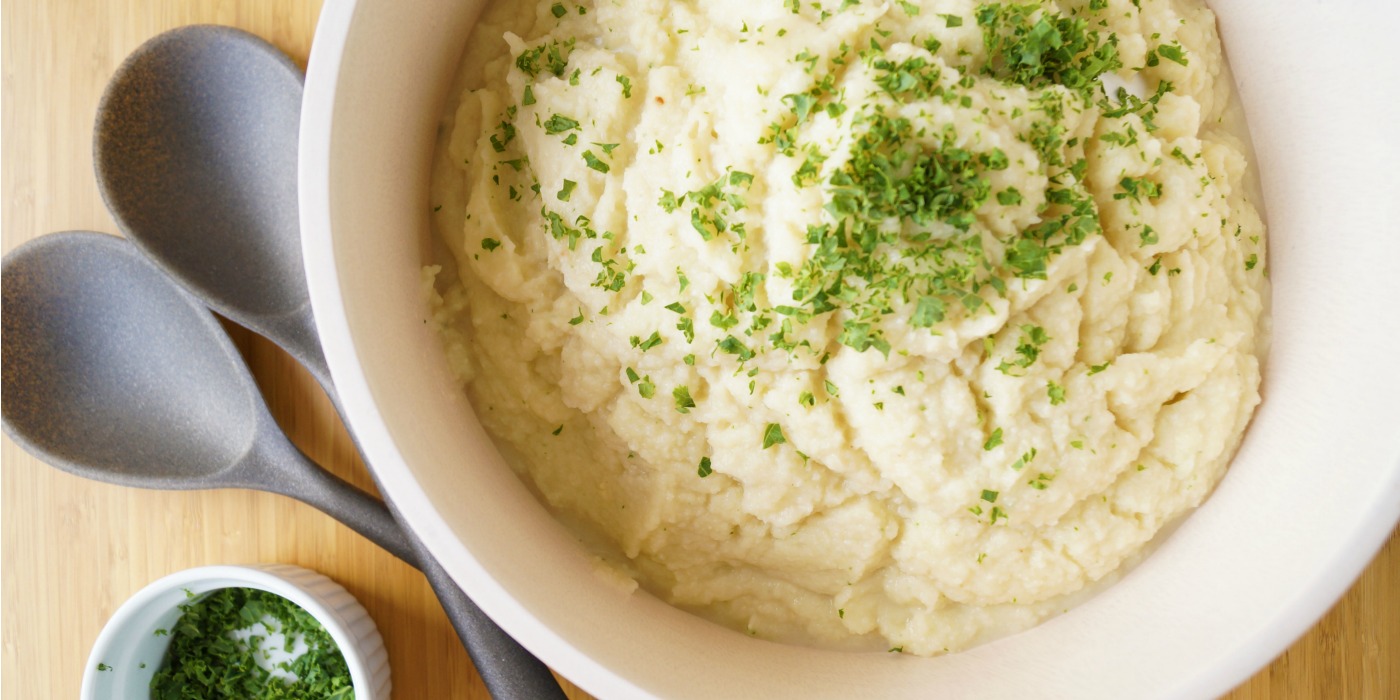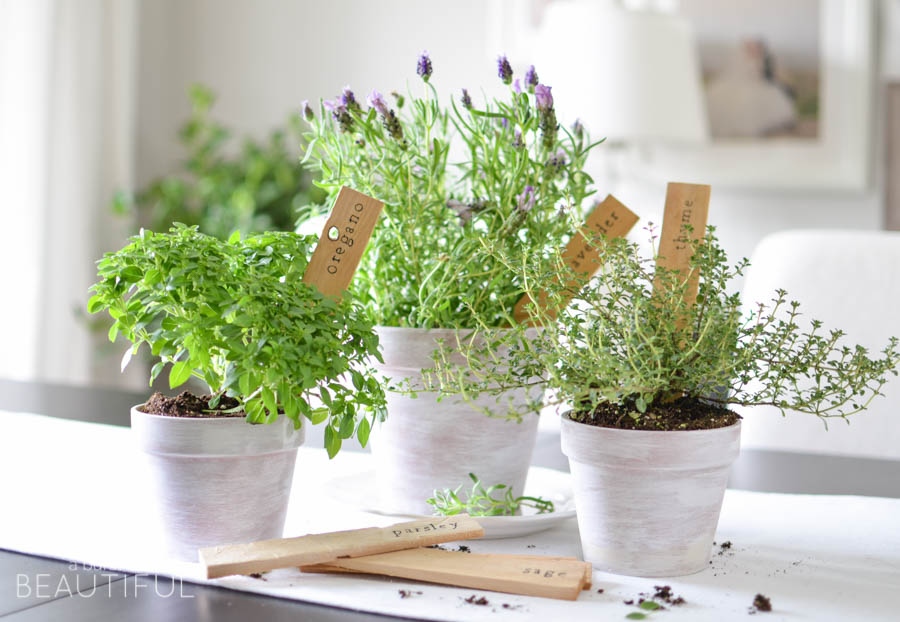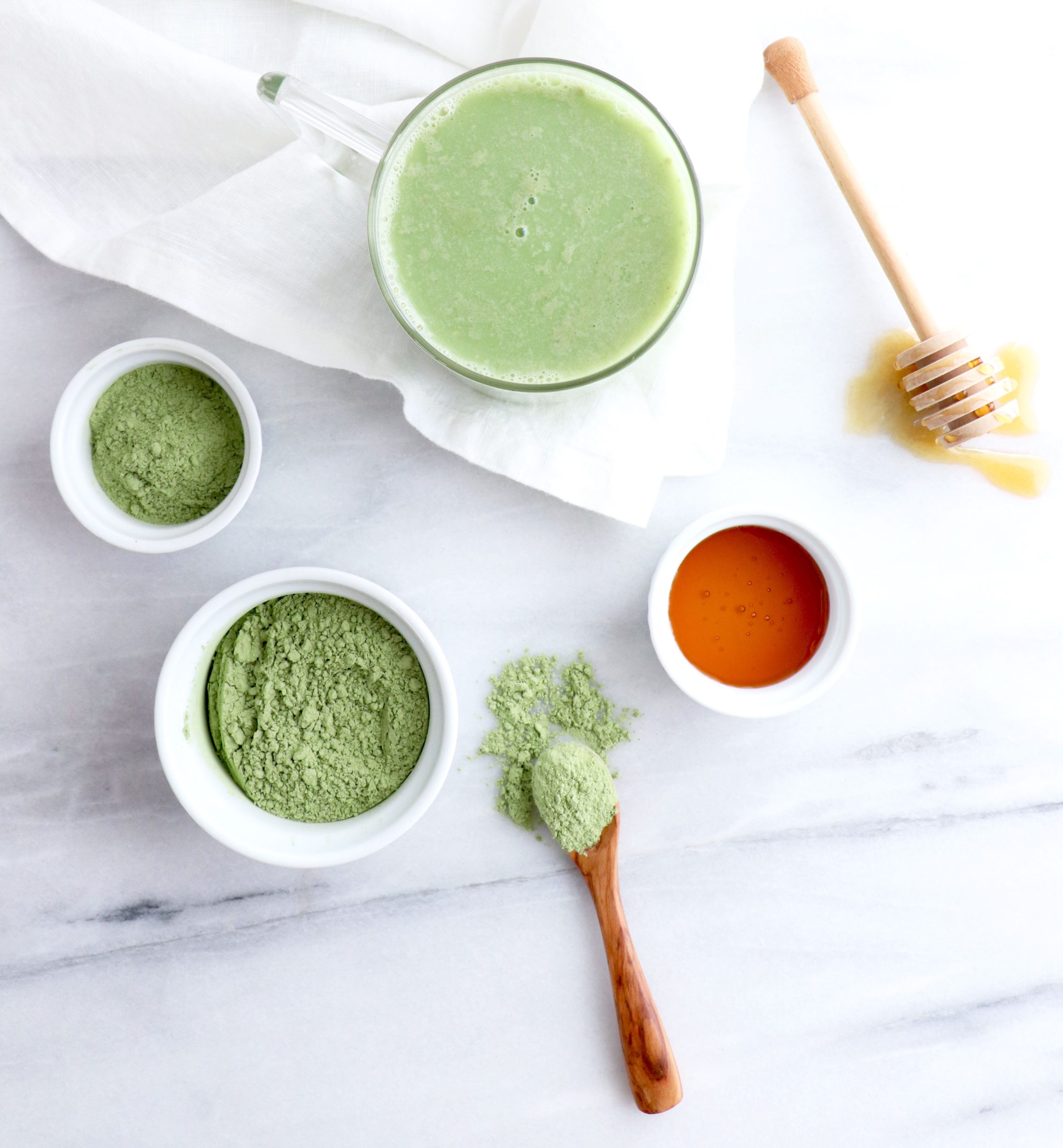
There are a variety of superfoods and it may seem overwhelming to decipher from foods that are a fad and foods that are truly nourishing. Superfoods are essentially nutrient dense and versatile ingredients, think chia seeds, coconut or cacao to name a few.
Today we’re chatting all about one of current favorites, Moringa! While moringa has been around for a long time, it is gaining popularity and recognition due to its high content of vitamins, minerals and several antioxidant properties.
What Is Moringa?
Moringa comes from a tree that is native to the Himalayas in northwestern India. It is also called the ben tree, horseradish tree and drumstick tree. Moringa now grows in many tropical, subtropical, and semiarid areas throughout the world, including Hawaii! Since the Moringa tree can be grown in these environments, it’s a great source of nutrition throughout the entire year.
Nutritional Highlights
The nutritional benefits that come from the Moringa tree are found in the leaves and pods, also called drumsticks. The leaves are a powerhouse of nutrients containing a significant amount of B vitamins, beta-carotene, vitamin C and K, protein, manganese, calcium, iron, magnesium and phosphorous. This plant was first described as the miracle tree since it was a popular medicinal herb.
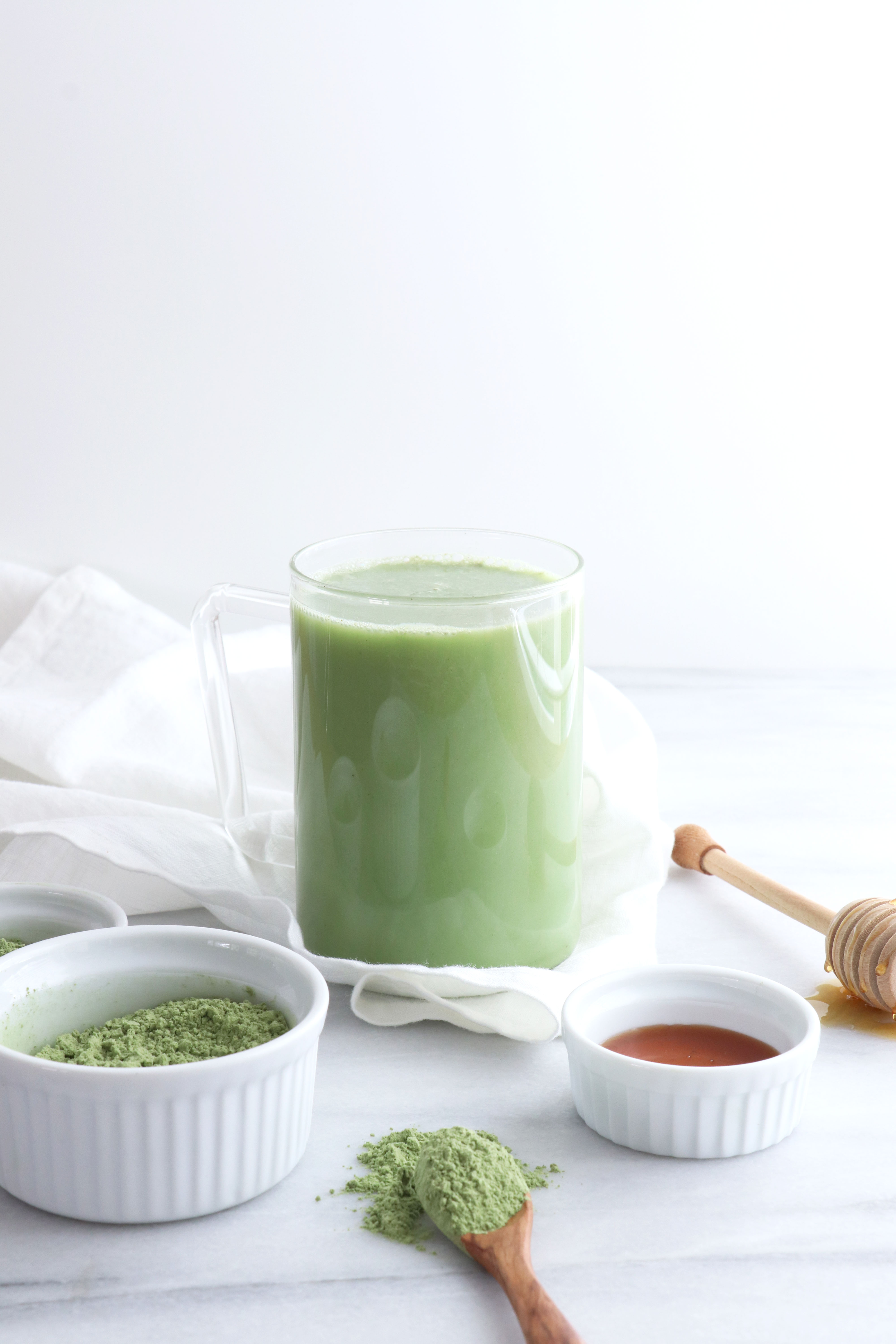
Potential Health Benefits
Due to Moringa’s high antioxidant properties, it can help fight free radicals, which may help prevent further cell damage and inflammation. Moringa may lower blood sugar in diabetes patients by regulating oxidative stress and glucose levels. It may also protect and support your heart, brain and liver through lipid control, antioxidant properties and restoring liver enzymes. Finally, Moringa has antibacterial and anti-fungal properties that may help heal wounds and fight infections.
Ways to Enjoy
Moringa comes in many forms and can be used in many different ways. In many countries, whole leaves are cooked down and put into stews, soups, curries and stir fries. More commonly found at your local grocery store is crushed Moringa in powdered form. Moringa powder can be added into smoothies, sauces, baked goods, oatmeal, soups and can be put into your favorite moringa and matcha tea lattes! Start with a small amount of Moringa (around 1 teaspoon) as your body gets use to it in order to avoid potential digestive problems. Before starting any new supplement, always consult with with your doctor or health care professional.
Tips for Shopping for Quality Moringa and How to Store
Look for quality moringa in the supplemental section of your health food store. You’ll find it in powdered form and should look for Certified Organic Moringa to ensure its quality. Still unsure about what to buy? Research up the company to make sure it’s reputable. This will help you feel confident in the product you are buying. Keep Moringa powder in a sealed container and store in a cool, dry place for up to one year. You can also keep Moringa powder in the fridge to preserve freshness.
Morning Moringa Coconut Latte
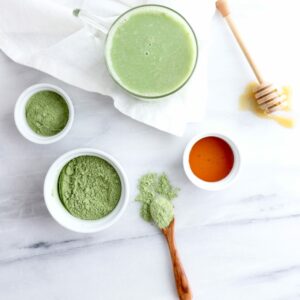
Ingredients
- 12 oz unsweetened coconut milk (or milk of choice)
- 2 tsp Moringa powder
- 1 tbsp raw local honey, maple syrup or stevia
Instructions
- Heat and froth the non-dairy milk and moringa powder in an electric milk frother. I find this works best because it heats, froths and fully mixes the powder into the milk.
- Pour heated latte into a mug and add the honey, stir and enjoy!


